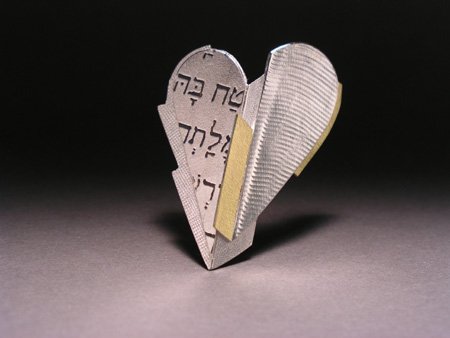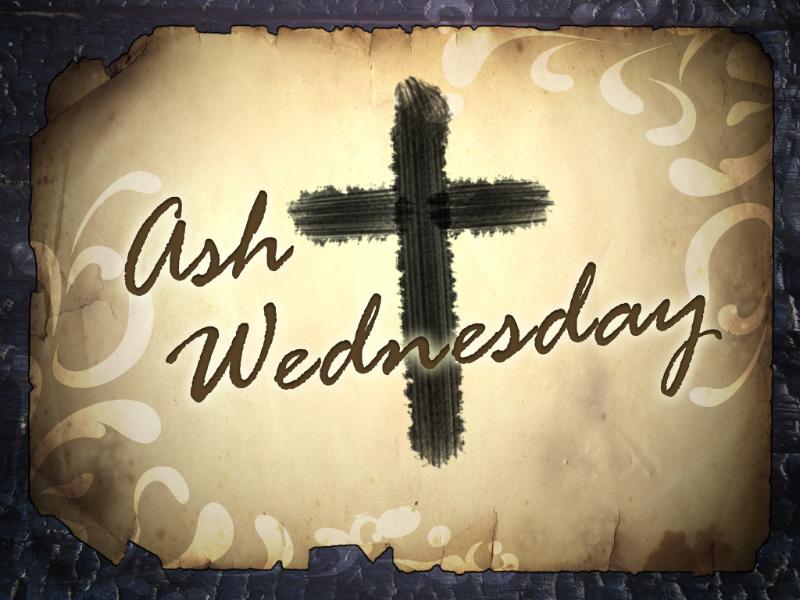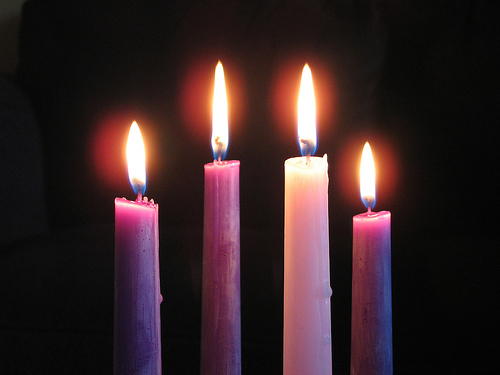Reflections on ‘Love Written on our Heart’ from Jeremiah plus St Patrick
Eagle Poem — Joy Harjo (excerpt) … Circles of motion. Like eagle that Sunday morning … Circled in blue sky In wind, swept our hearts clean With sacred wings. We see you, see ourselves and know That we must take the utmost care And kindness in all things. Breathe in, knowing we are made of […]





